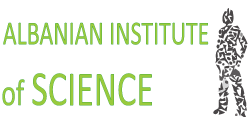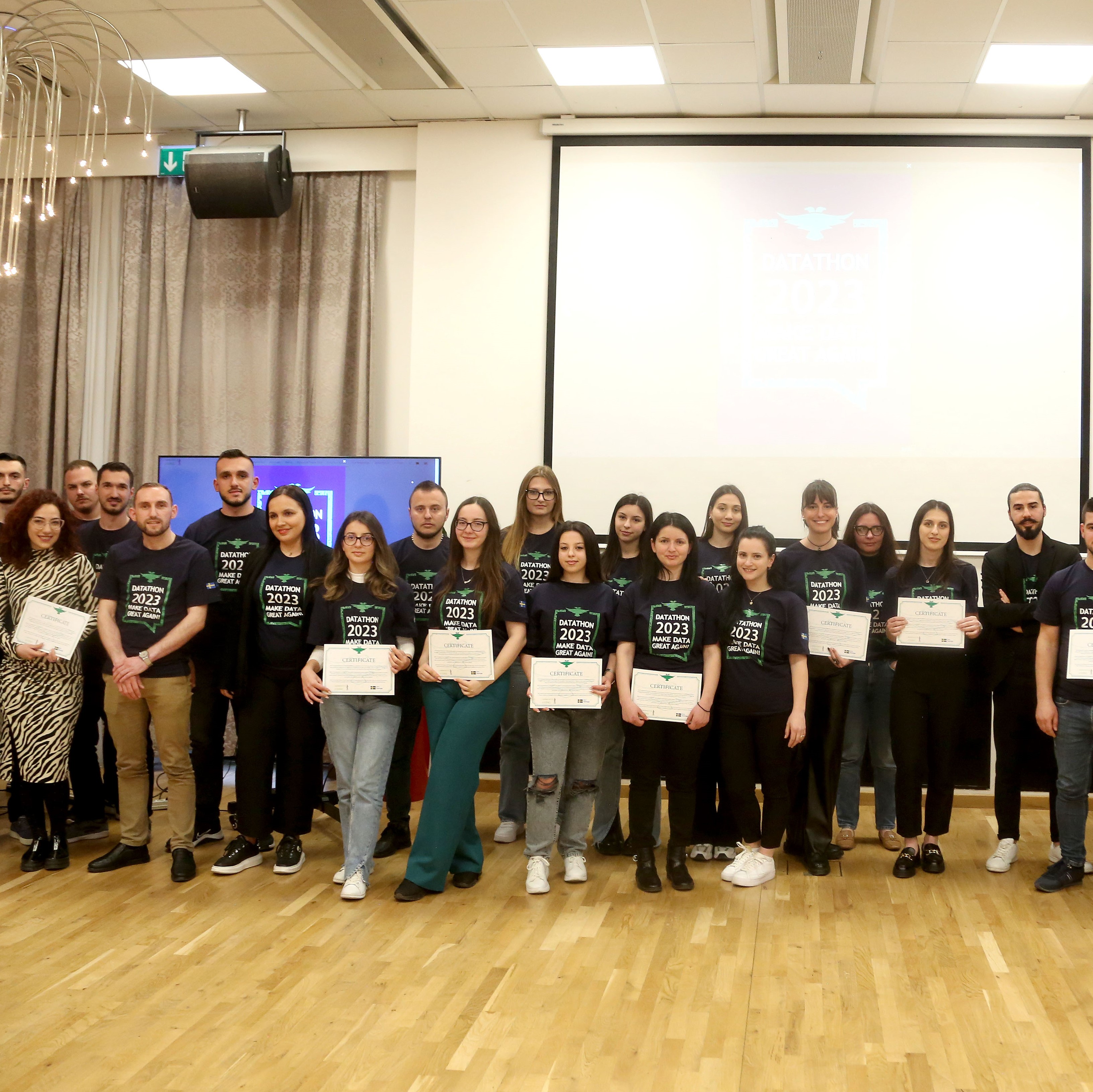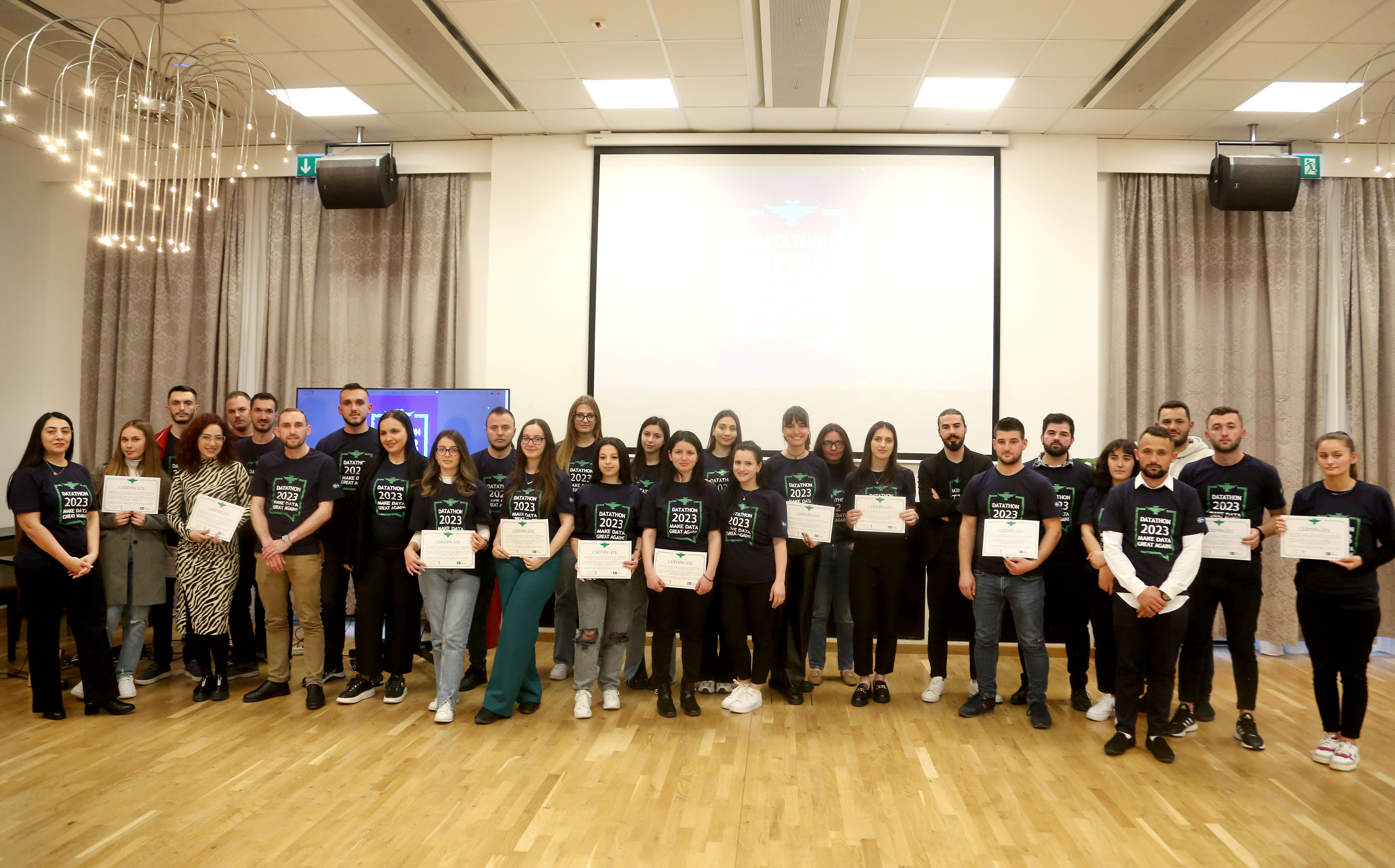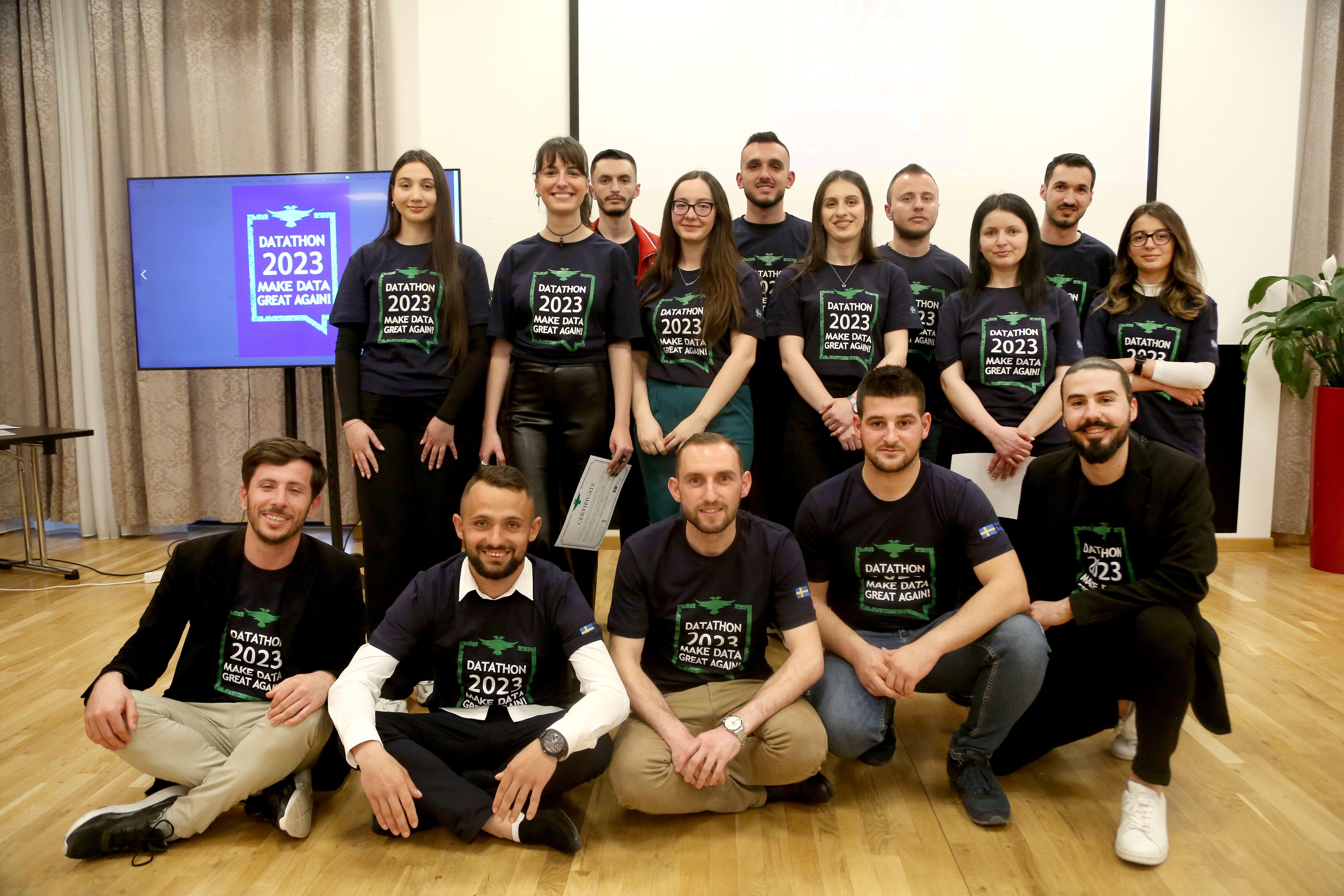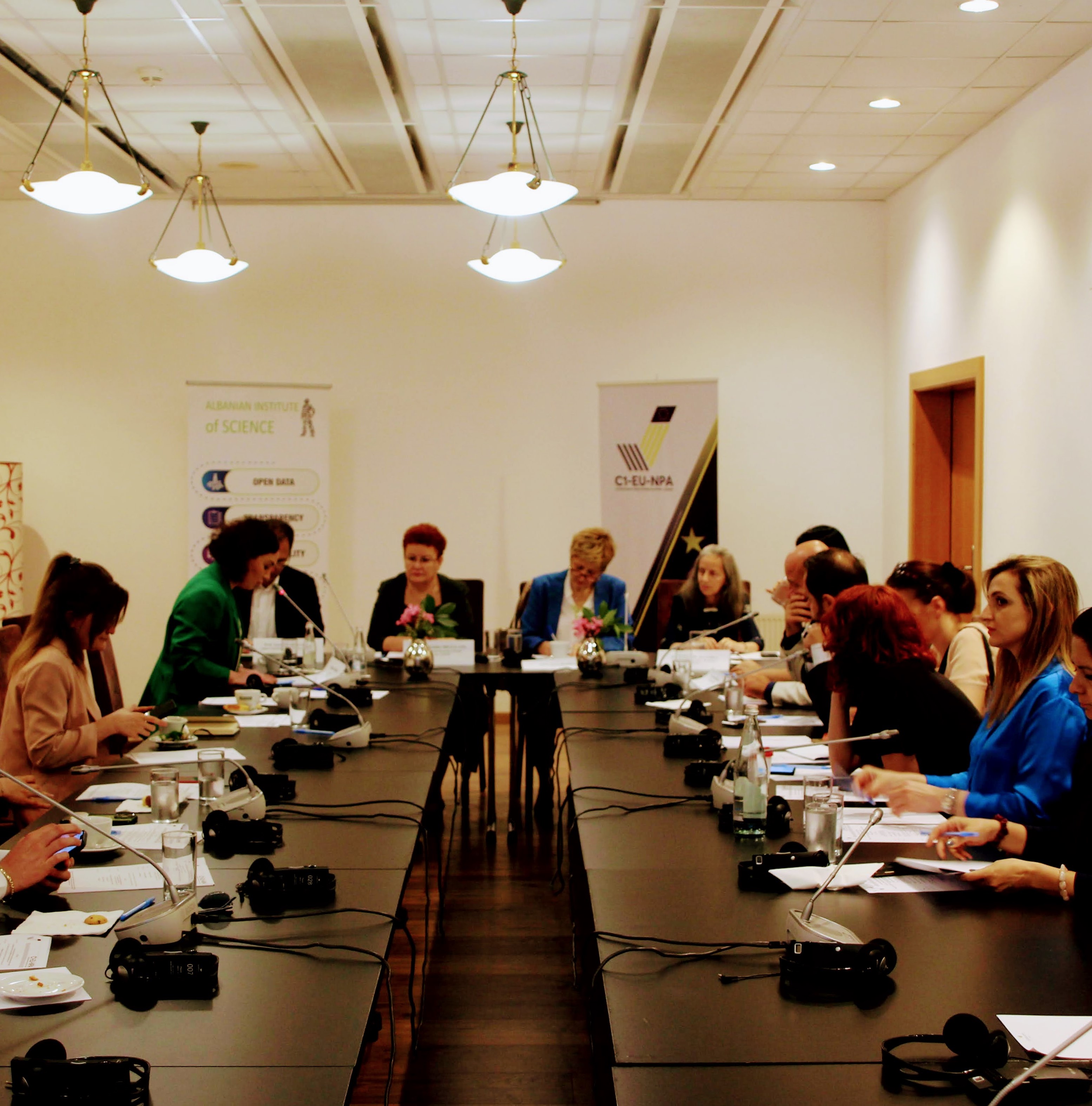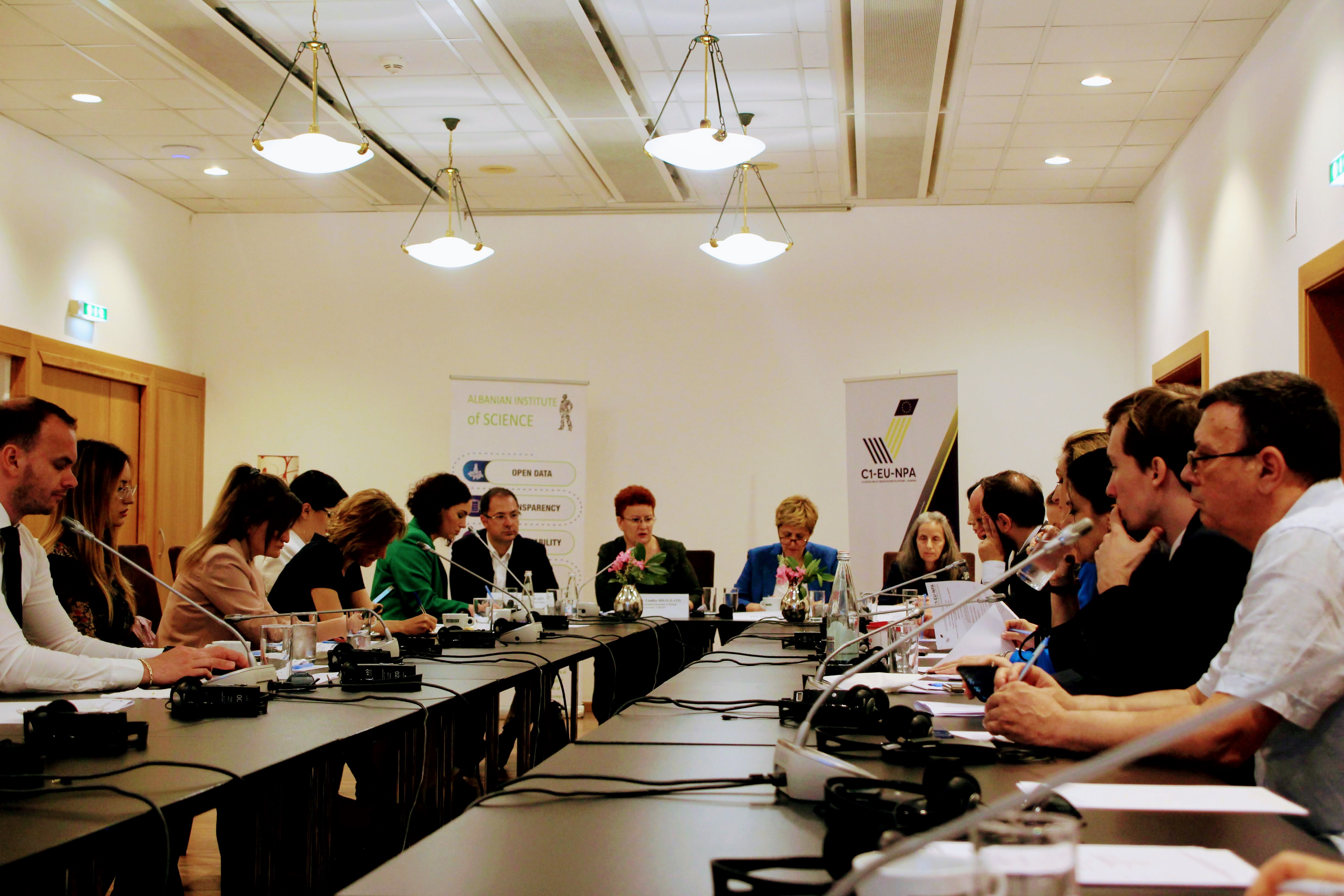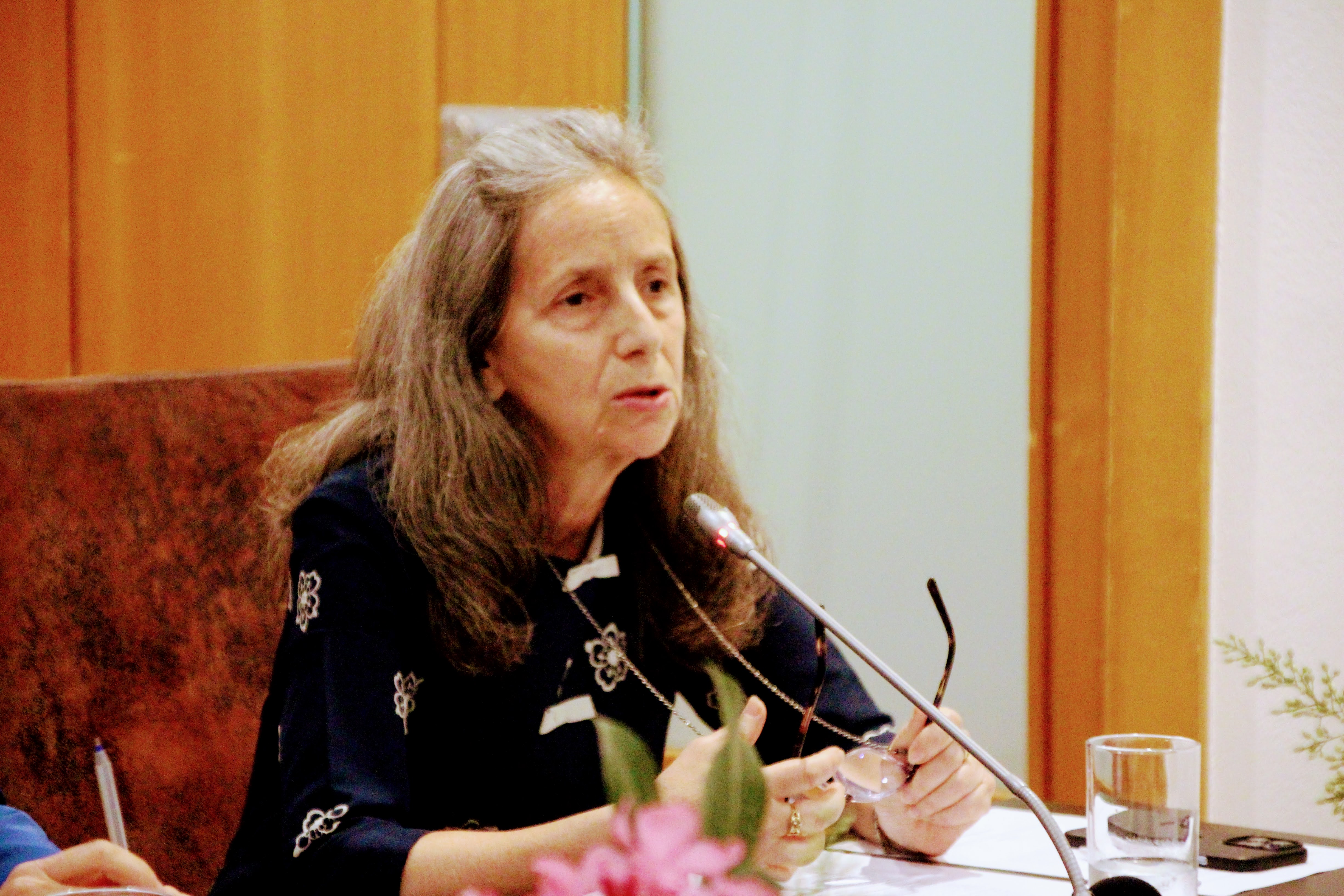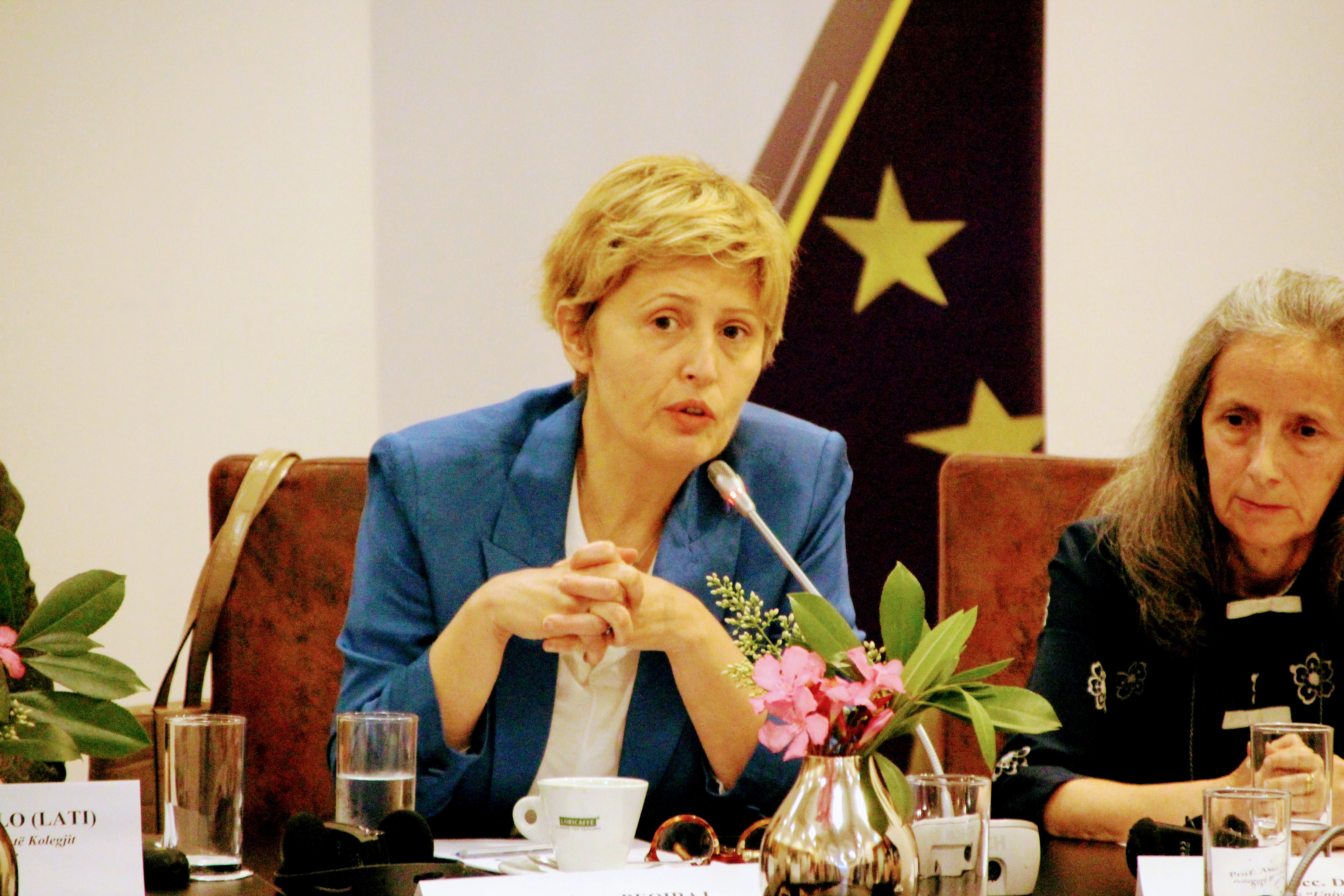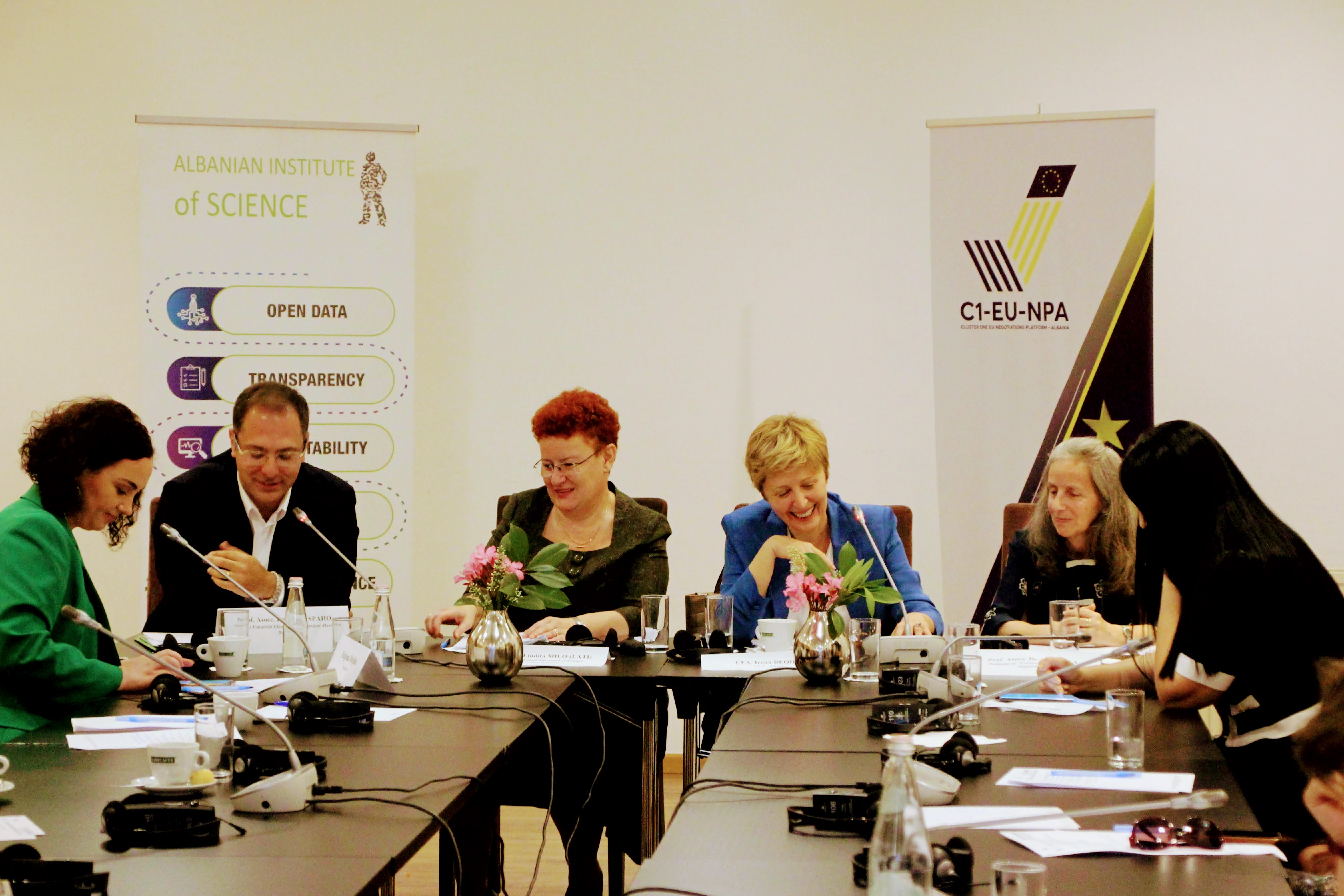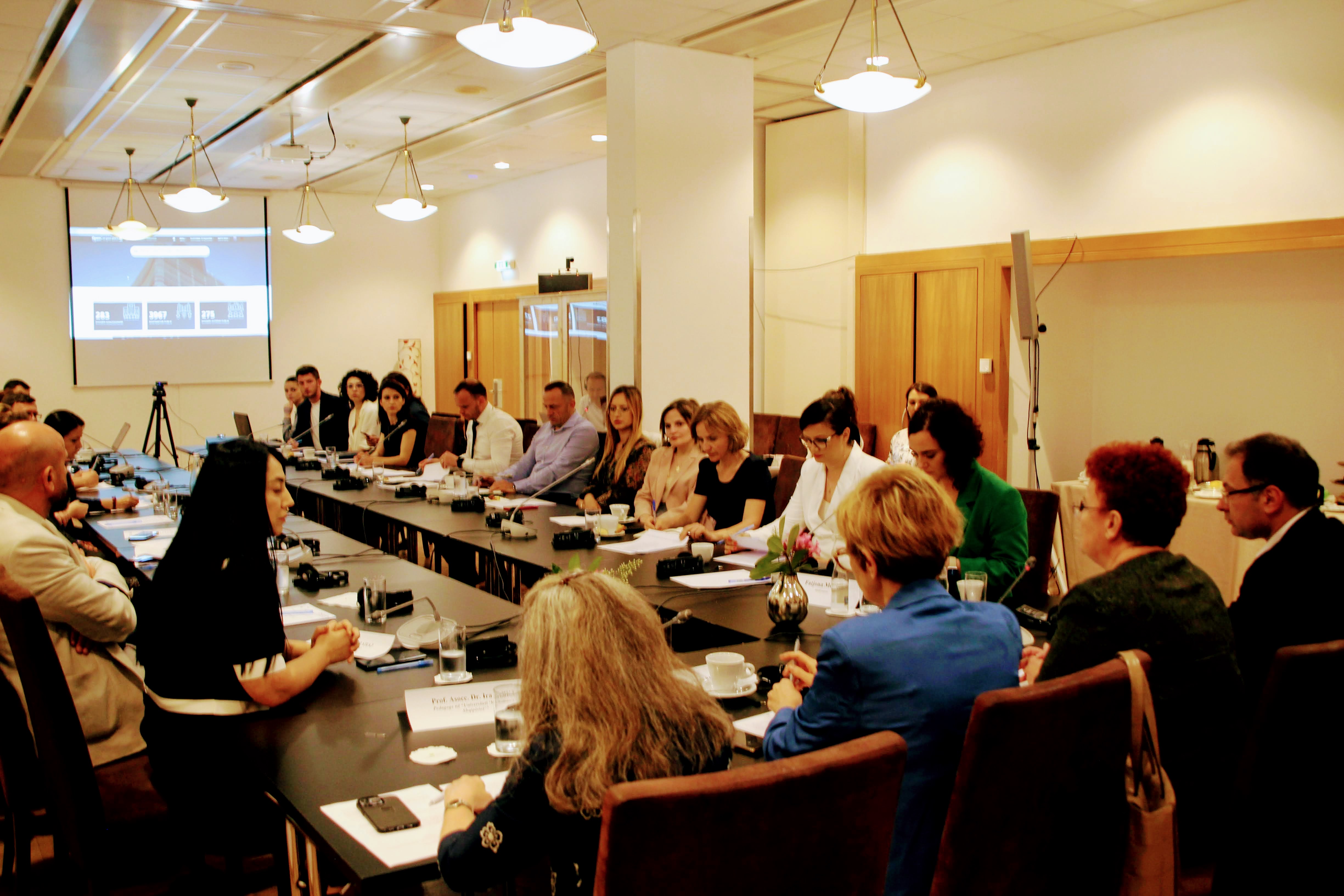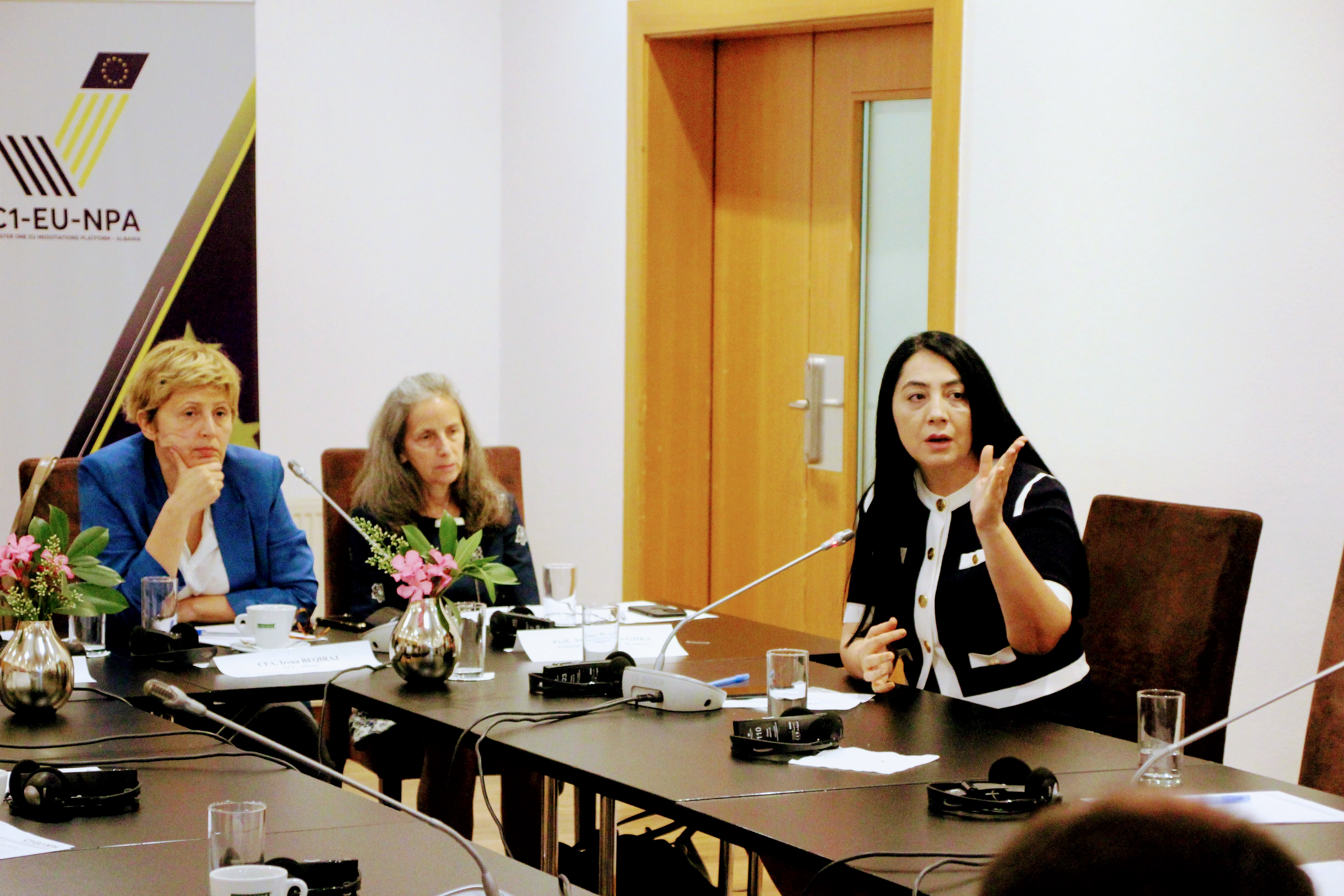Save the date: Open Data Youth Fellowship Master Class on Enhancing Electoral Integrity through Data and Evidence-Based Approaches
Dear friends,
We would like to share with you an invitation to participate in a Master Class Event where Data Analysts and activists who have completed the first cycle of training as part of the Open Data Youth Fellowship and Network will share with new members of the Network evidence, analysis and activities on Electoral Integrity, improvement through data and evidence-based processes.
- Who can participate: People who share an Interest and Engagement in Electoral Integrity
- Venue: Rogner Hotel, Vienna Meeting Room
- When: July 3rd, 14:30 to 17:00
- Topic: Electoral Integrity, improvement through data and evidence-based processes
- Project :
This event is part of activities for increasing the capacities of young people, through The OpenDataFellowship Youth Network, established within the Open Data, Access and Transparency over Sectors exposed to Risk of Corruption Project, supported by Sida through the Swedish Embassy in Albania (2021 – February 2024).
The participants of the first round of the Open Data Fellowship Youth Network (2021 – April 2023) will showcase data, visualizations, articles, and opinions related to electoral issues, focusing on the intricacies of the Electoral System and the Map of Problems and Irregularities.
Speakers:
- Ilir BRASHA, Data Analyst:
- Electoral Mandate Allocation Projections and the Risk of Non-Representation in Voting
- Pajtim NIKOLLI, Data Analyst.
- The Media’s Influence: Unraveling the Economic Interests of Television Owners and their Impact on Elections
- Eng. Besjana HYSA, Founder of AIS/Open Data Albania
- ICT for Fair Elections – Za’Lart (Raised Voice) for 2025 Elections?!
- Mapping Vote Buying and Irregularities – How can we create such a map using information technology and inviting citizens to report on electoral issues?
- Overview of the model already applied by AIS in 2017 Elections.
Our organization, AIS, has been working with young people since December 2021 to strengthen their capacity against corruption through civic education and the improvement of fact-checking models. Events such as training sessions, forums, DataThons, individual sessions, and master classes are organized for young people, aimed at enhancing their skills and capacities in areas such as Public Speaking, Evidence-based Debates, and utilizing Open Data Albania’s philosophy and tools. The program follows a structured training curriculum and includes guidance from analysts at Open Data Albania, as well as opportunities for internships with the organization.
The Open Data Fellowship Youth Network is being established within the Open Data, Access and Transparency over Sectors exposed to Risk of Corruption Project supported by Sida through the Swedish Embassy in Albania.
Save the date for this important event: July 3rd, from 14:00 to 17:00, at Hotel Rogner Tirana. We kindly request you to confirm your participation no later than June 26th.
The event will be conducted in both Albanian and English, and simultaneous interpretation services will be provided by Mrs. Etleva Pushi.
